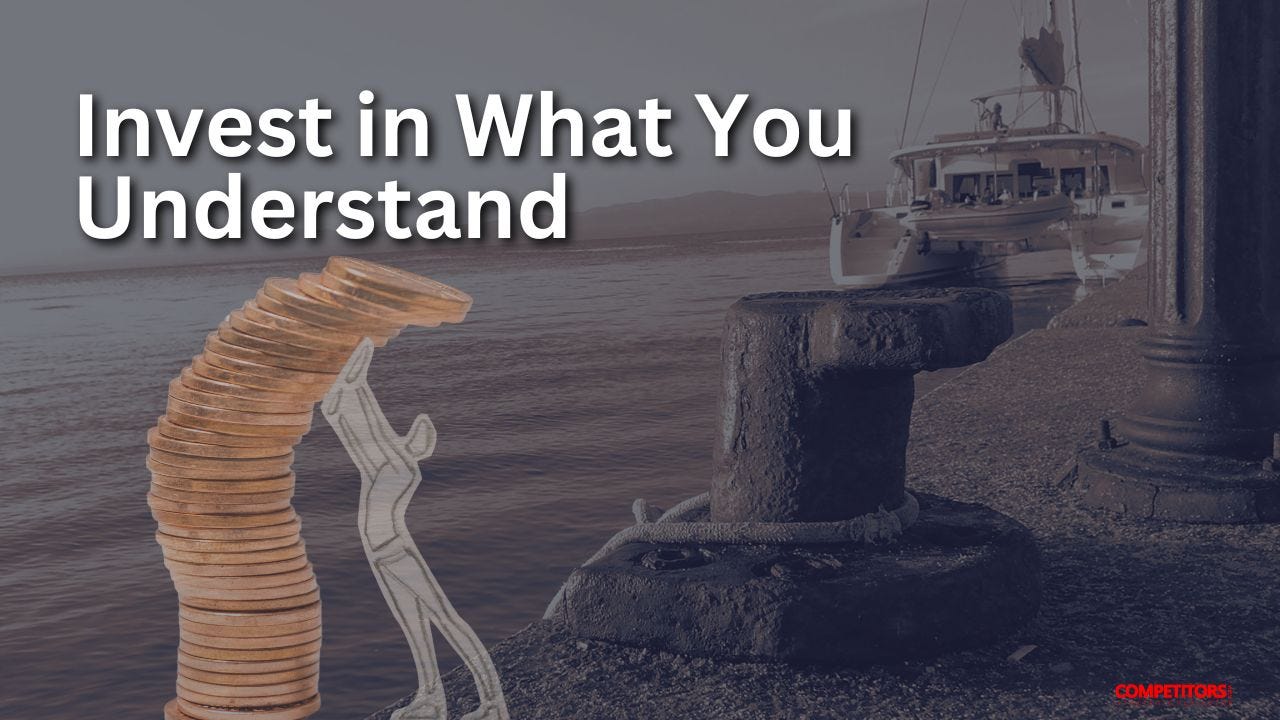As we usher in 2025, the principles of sound personal finance remain as relevant as ever, even in a world transformed by rapid technological advancements, fluctuating markets, and an evolving economic landscape. While the tools at our disposal may change, the fundamental truths that govern wealth-building and financial security stand firm. It is often said that smart money has no expiration date.
1. The Power of Patience and Compounding
The most powerful force in personal finance is time, not timing. In a world driven by instant gratification, it is important to remind ourselves that wealth rarely accumulates overnight. Compounding, when allowed to play out over years or decades, transforms modest investments into significant fortunes. Even as digital assets and high-frequency trading capture headlines, the principle of letting your money grow steadily remains unchanged. Start early, stay consistent, and let compounding work its quiet magic.
2. Live Below Your Means—Forever
If there’s one piece of advice I would etch into the cornerstone of financial wisdom, it is this: Live below your means, regardless of how much you earn. The discipline to spend less than you make provides a margin of safety against life’s uncertainties. Excessive lifestyles often lead to financial fragility, even for those with high incomes. The ability to live modestly allows you to invest the difference, fortifying your financial future. In 2025, with inflationary pressures and evolving consumer habits, frugality is not outdated—it’s strategic.
3. Invest in What You Understand
The allure of exotic investments often tempts individuals to stray into unfamiliar territory. However, one of the bedrock principles I have adhered to is to only invest in businesses and sectors I thoroughly understand. This rule applies equally to personal finance. Whether you are investing in the stock market, real estate, or digital currencies, the ability to explain the investment in simple terms is a litmus test for its suitability. The complexity of an asset does not equate to greater returns. In fact, complexity often masks risks.
4. Avoid Debt Like the Plague (Except for One Type)
Debt is a double-edged sword. While leverage can amplify wealth, it can also accelerate financial ruin. High-interest debt, particularly consumer debt, is often a wealth destroyer. The only debt I consider strategically beneficial is a fixed-rate mortgage on a home you can comfortably afford. Even then, paying off the mortgage early can be one of the best decisions you make. In 2025, as interest rates fluctuate, the importance of reducing debt cannot be overstated. Freeing yourself from debt provides unparalleled peace of mind.
5. Build an Emergency Fund—And Replenish It
Unexpected events are not anomalies—they are certainties. The question is not if but when financial emergencies will occur. Whether it’s a job loss, health crisis, or economic downturn, an emergency fund can mean the difference between weathering the storm or succumbing to it. I recommend keeping at least six months' worth of living expenses in an easily accessible account. As we enter an era of economic unpredictability, this buffer will serve as your financial airbag.
6. Develop a Bias Toward Ownership
Wages may pay the bills, but ownership builds wealth. One of the greatest lessons I learned early in my career was to shift from being a consumer to an owner. This mindset shift involves buying shares in great companies, investing in real estate, or starting your own business. In 2025, with the rise of fractional ownership and retail investing platforms, there is no reason not to cultivate an ownership mindset. Ownership not only generates passive income but also shields you from the erosion of purchasing power.
7. Embrace Lifelong Learning
The most profitable investment you will ever make is in your own knowledge. Markets evolve, industries transform, and new opportunities emerge constantly. Those who commit to lifelong learning stand the best chance of navigating change successfully. Read widely, seek mentors, and remain curious. Your capacity to adapt is your greatest financial asset.
8. Give Back—It’s Part of Wealth
True wealth is not measured solely by the size of your portfolio but by the impact you have on others. Charitable giving and supporting causes larger than yourself provide not only tax benefits but also a sense of purpose. Philanthropy can be woven into your financial plan, no matter the scale of your resources. In 2025, consider making generosity a core pillar of your financial philosophy.
As we begin 2025, remember that financial success is not about chasing the latest trends but adhering to time-tested principles. It is about fostering habits that prioritize growth, security, and generosity. Markets may rise and fall, but the essence of financial stewardship remains constant. Let patience, prudence, and discipline guide your journey.
Wishing you a prosperous and financially fulfilling year ahead.
- Razum Rajan, Managing Director at Competitors View





